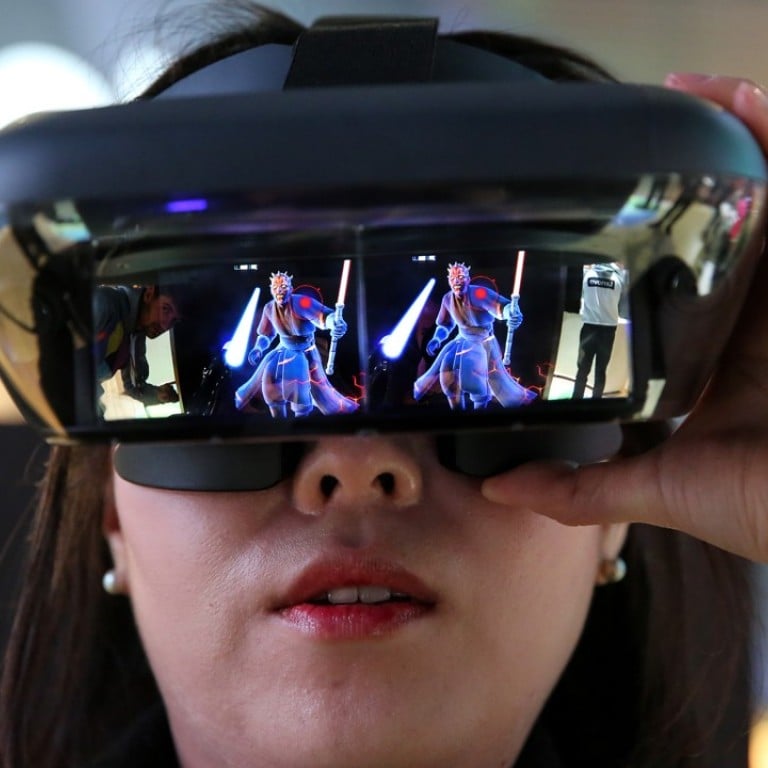
Video games are as addictive as crack cocaine or gambling to some players, warns WHO
Critics say the number of compulsive gamers is less than 1 per cent and the claim will stigmatise young people just because they play video games
The World Health Organisation says some obsessive video gamers may really have an addiction.
In its latest revision to a disease classification manual, the UN health agency said on Monday that compulsively playing video games now qualifies as a mental health condition.
But the statement led critics to warn that it may risk stigmatising young people just because they play video games.
The WHO said classifying so-called gaming disorder as a separate condition will help governments, families and health care workers be more vigilant and prepared to identify the risks. The agency and other experts were quick to note that cases of the condition are still very rare, with no more than up to 3 per cent of all gamers believed to be affected.
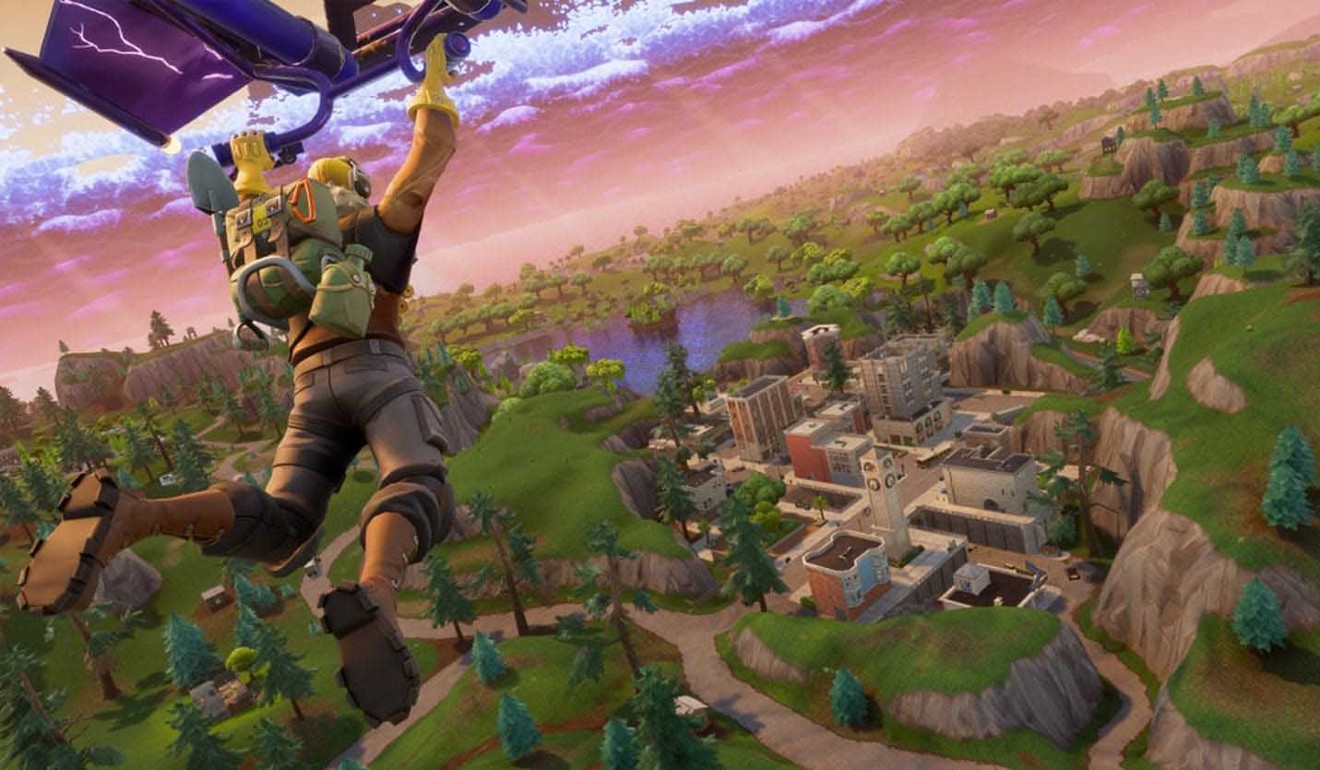
Dr Shekhar Saxena, director of WHO’s department for mental health and substance abuse, said the agency accepted the proposal that gaming disorder should be listed as a new problem based on scientific evidence, in addition to “the need and the demand for treatment in many parts of the world”.
Dr Joan Harvey, a spokeswoman for the British Psychological Society, warned that the new designation might cause unnecessary concern among parents.
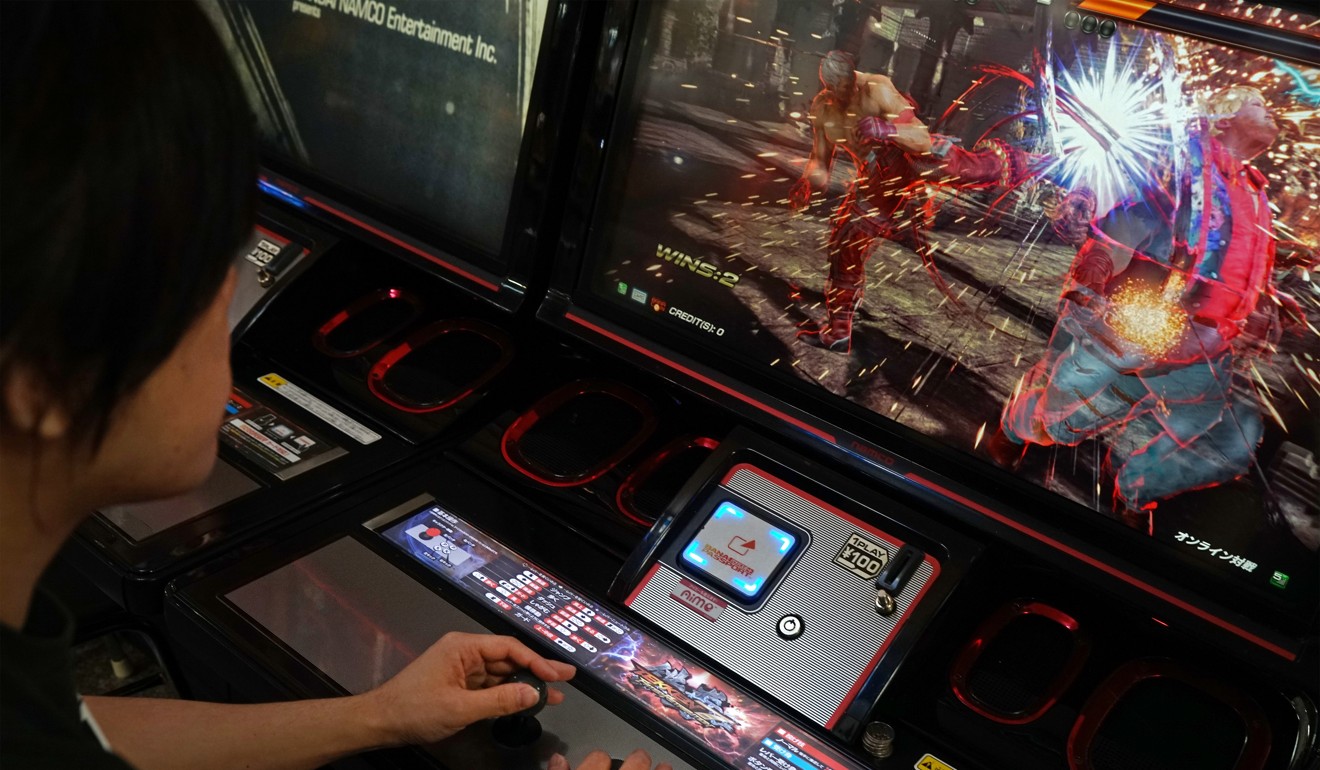
“People need to understand this doesn’t mean every child who spends hours in their room playing games is an addict, otherwise medics are going to be flooded with requests for help,” she said.
Others welcomed WHO’s new classification, saying it was critical to identify people hooked on video games quickly because they are usually teenagers or young adults who do not seek help themselves.
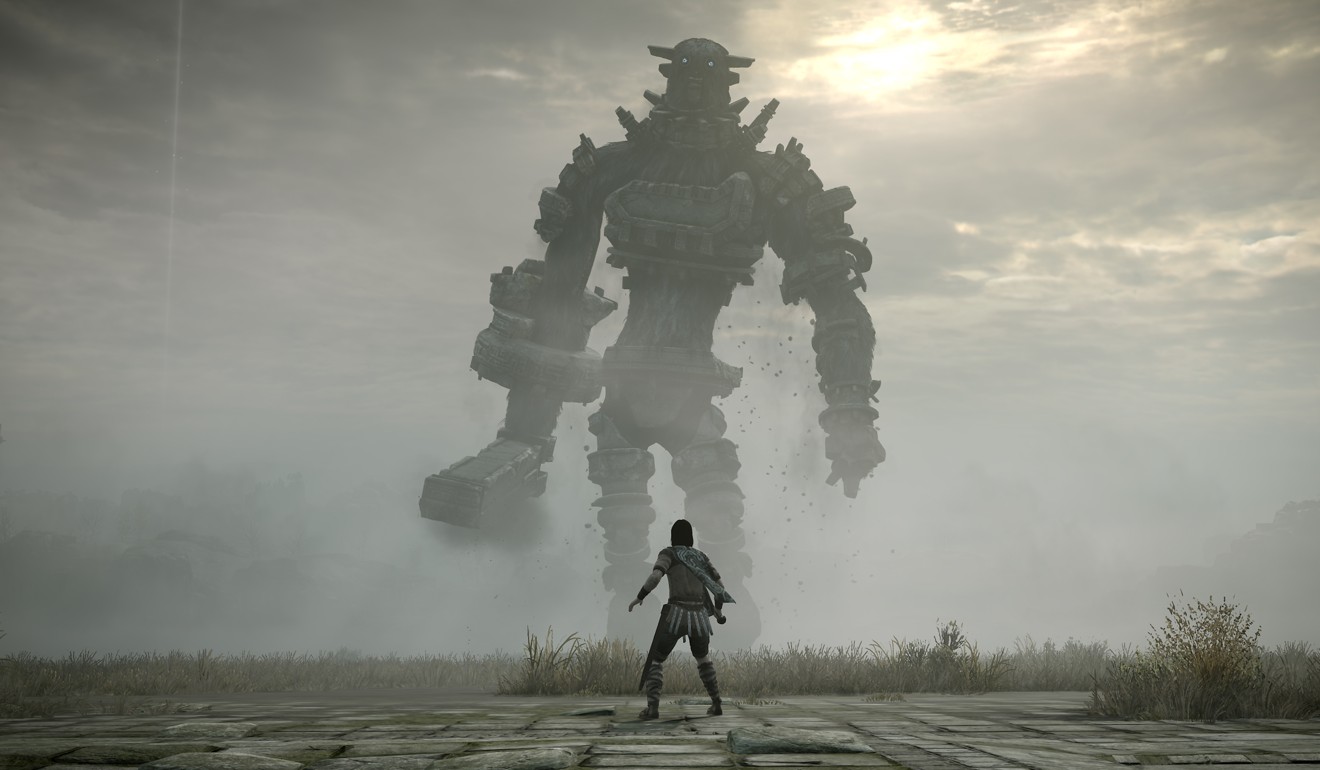
“We come across parents who are distraught, not only because they’re seeing their child drop out of school, but because they’re seeing an entire family structure fall apart,” said Dr Henrietta Bowden-Jones, a spokeswoman for behavioural addictions at Britain’s Royal College of Psychiatrists. She was not connected to WHO’s decision.
Bowden-Jones said gaming addictions were usually best treated with psychological therapies but that some medicines might also work.
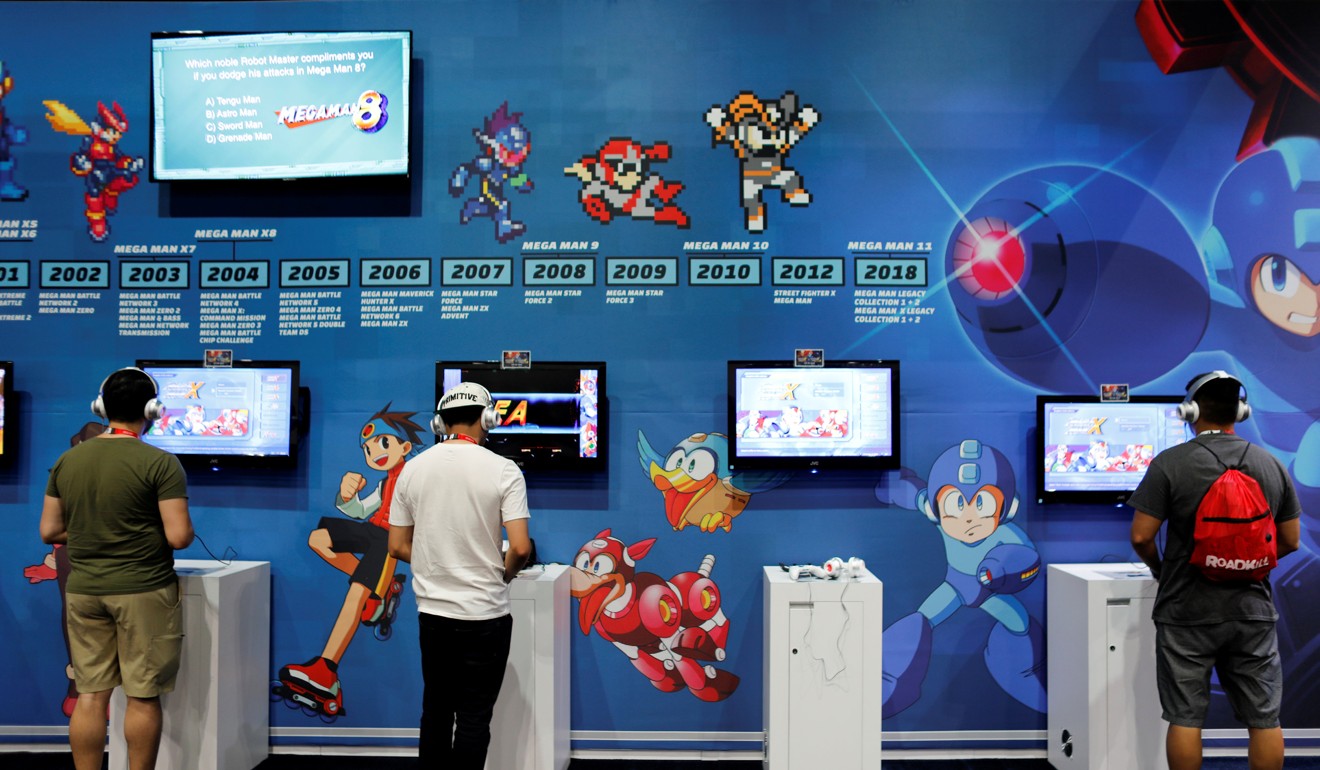
The American Psychiatric Association has not yet deemed gaming disorder to be a new mental health problem. In a 2013 statement, the association said it is “a condition warranting more clinical research and experience before it might be considered for inclusion” in its own diagnostic manual.
The group noted that much of the scientific literature about compulsive gamers is based on evidence from young men in Asia.
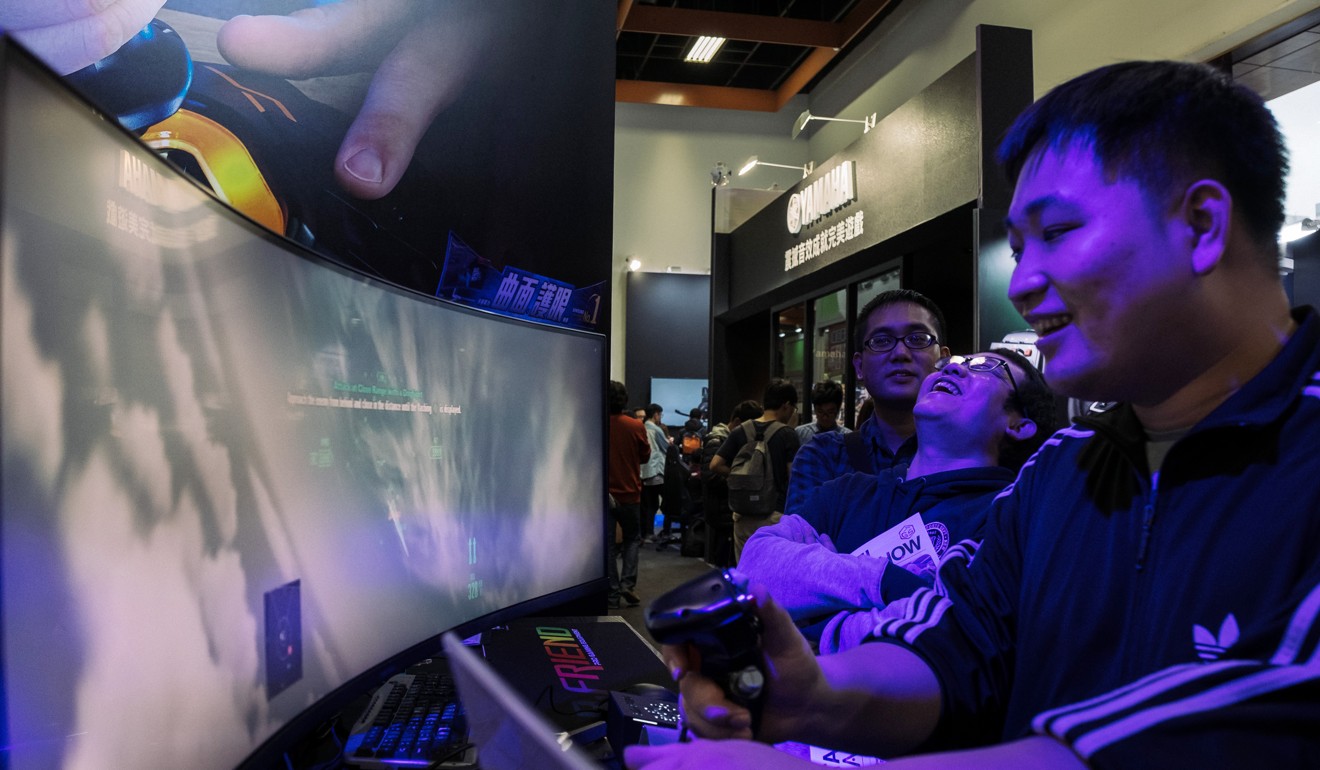
“The studies suggest that when these individuals are engrossed in internet games, certain pathways in their brains are triggered in the same direct and intense way that a drug addict’s brain is affected by a particular substance,” the association said. “The gaming prompts a neurological response that influences feelings of pleasure and reward, and the result, in the extreme, is manifested as addictive behaviour.”
Dr Mark Griffiths, who has been researching the concept of video gaming disorder for 30 years, said the new classification would help legitimise the problem and strengthen treatment strategies.

“Video gaming is like a non-financial kind of gambling from a psychological point of view,” said Griffiths, a distinguished professor of behavioural addiction at Nottingham Trent University. “Gamblers use money as a way of keeping score whereas gamers use points.”
He guessed that the percentage of video game players with a compulsive problem was probably extremely small – much less than 1 per cent – and that many such people were likely to have other underlying problems, like depression, bipolar disorder or autism.
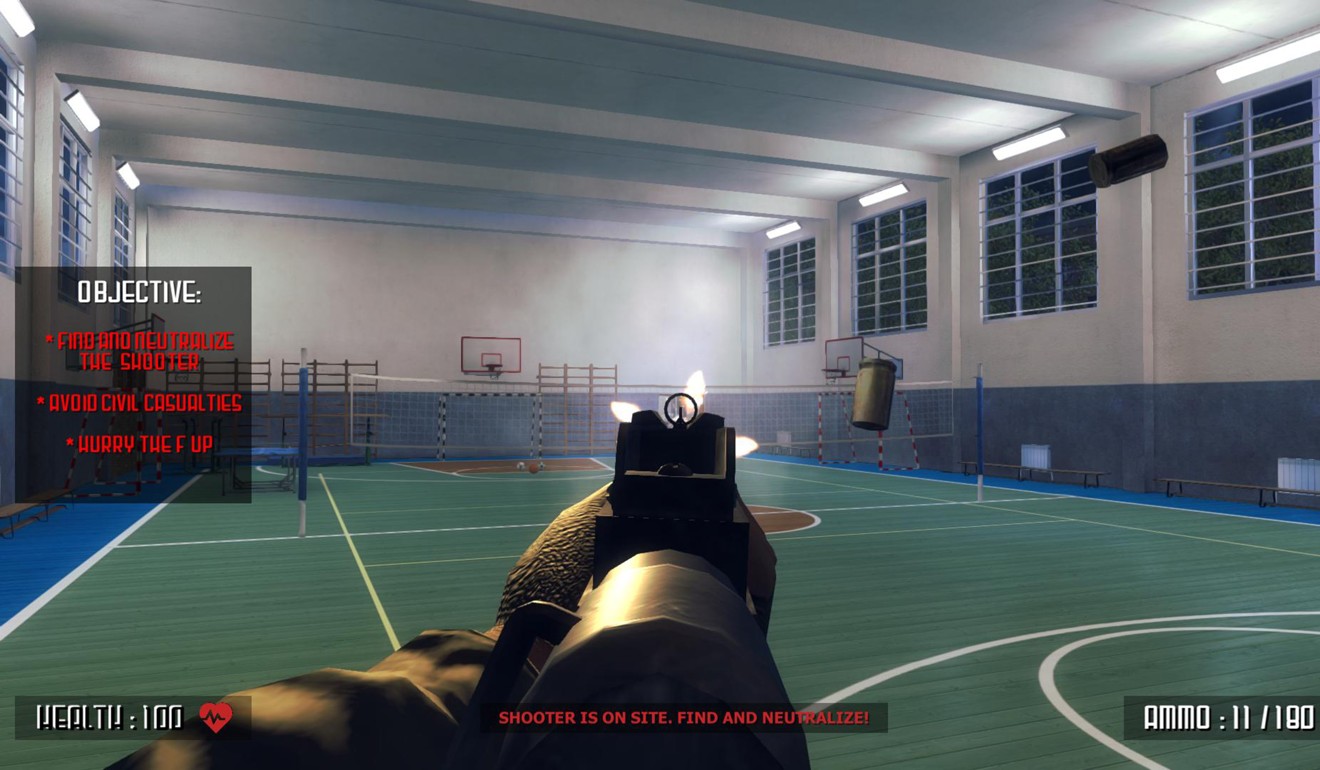
WHO’s Saxena, however, estimated that two to three per cent of gamers might be affected.
Griffiths said playing video games, for the vast majority of people, is more about entertainment and novelty, citing the overwhelming popularity of games like Pokemon Go.
“You have these short, obsessive bursts and yes, people are playing a lot, but it is not an addiction,” he said.
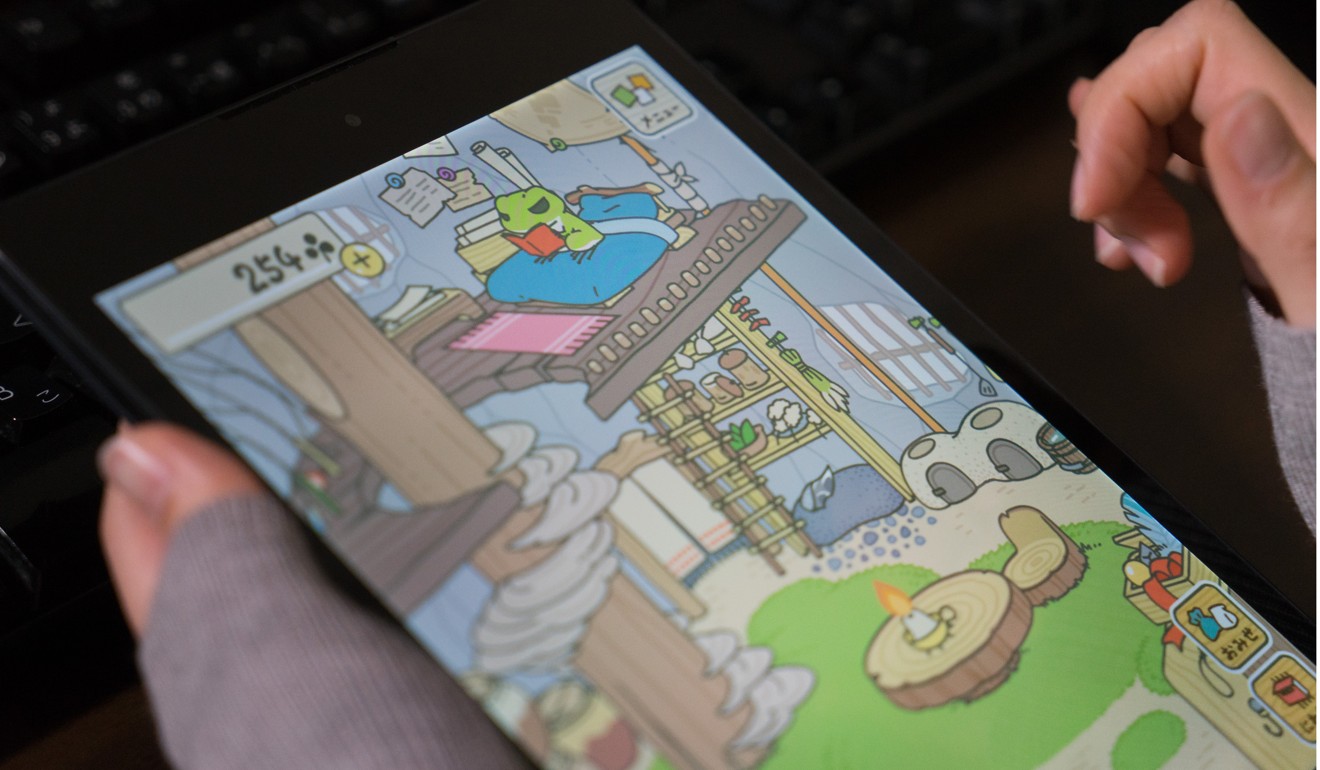
Saxena said parents and friends of video game enthusiasts should still be mindful of a potentially harmful problem.
“Be on the lookout,” he said, noting that concerns should be raised if the gaming habit appears to be taking over. “If [video games] are interfering with the expected functions of the person – whether it is studies, whether it is socialisation, whether it is work – then you need to be cautious and perhaps seek help.”

